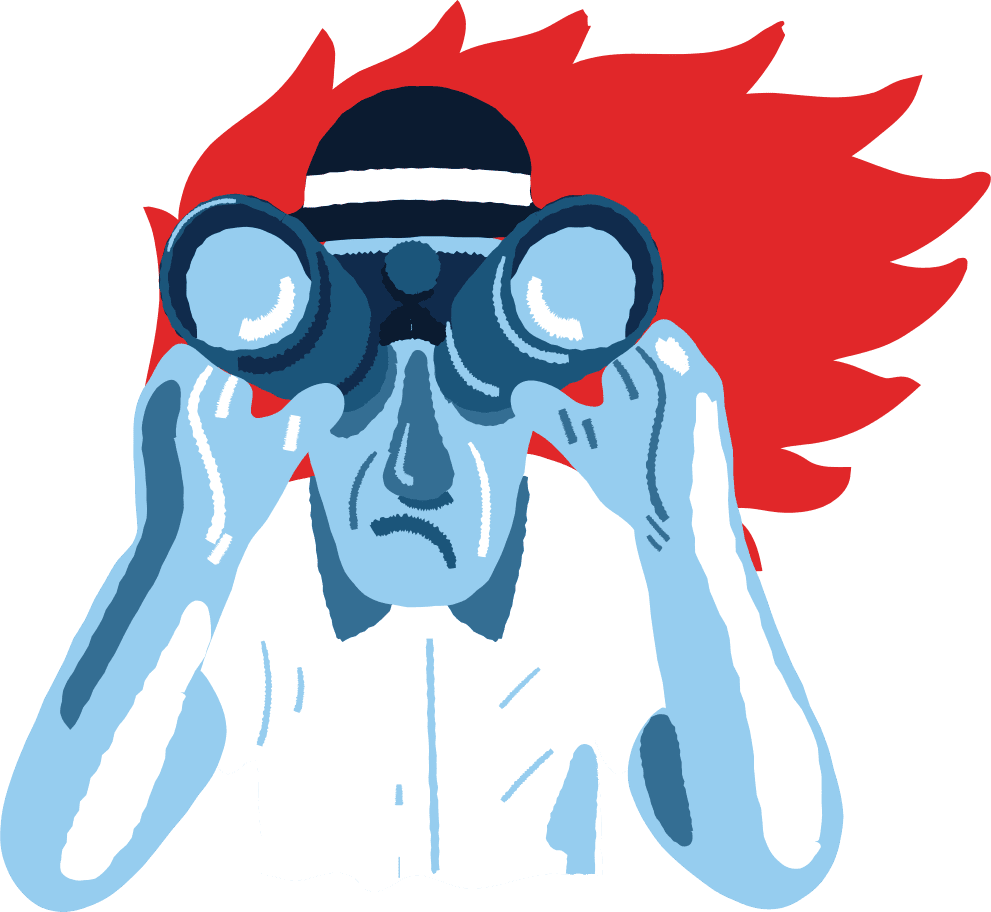
Quantify yourself with fitness trackers
Blood testing is crucial for the maintenance of good health, but there are many other metrics that you can track about your wellbeing without going to an expensive lab.
Steps and physical activity
The 10,000 steps target you keep hearing about may be arbitrary, but doing some movement every day has been shown to reduce the risk of heart attack and countless other diseases.
In particular, activities that get your heart pumping have tremendous benefits for your body.
Both the World Health Organization (WHO) and the American Heart Association recommend that you start with a minimum of 150 minutes of moderate, or 75 minutes of vigorous activity every day and increase intensity gradually over time.
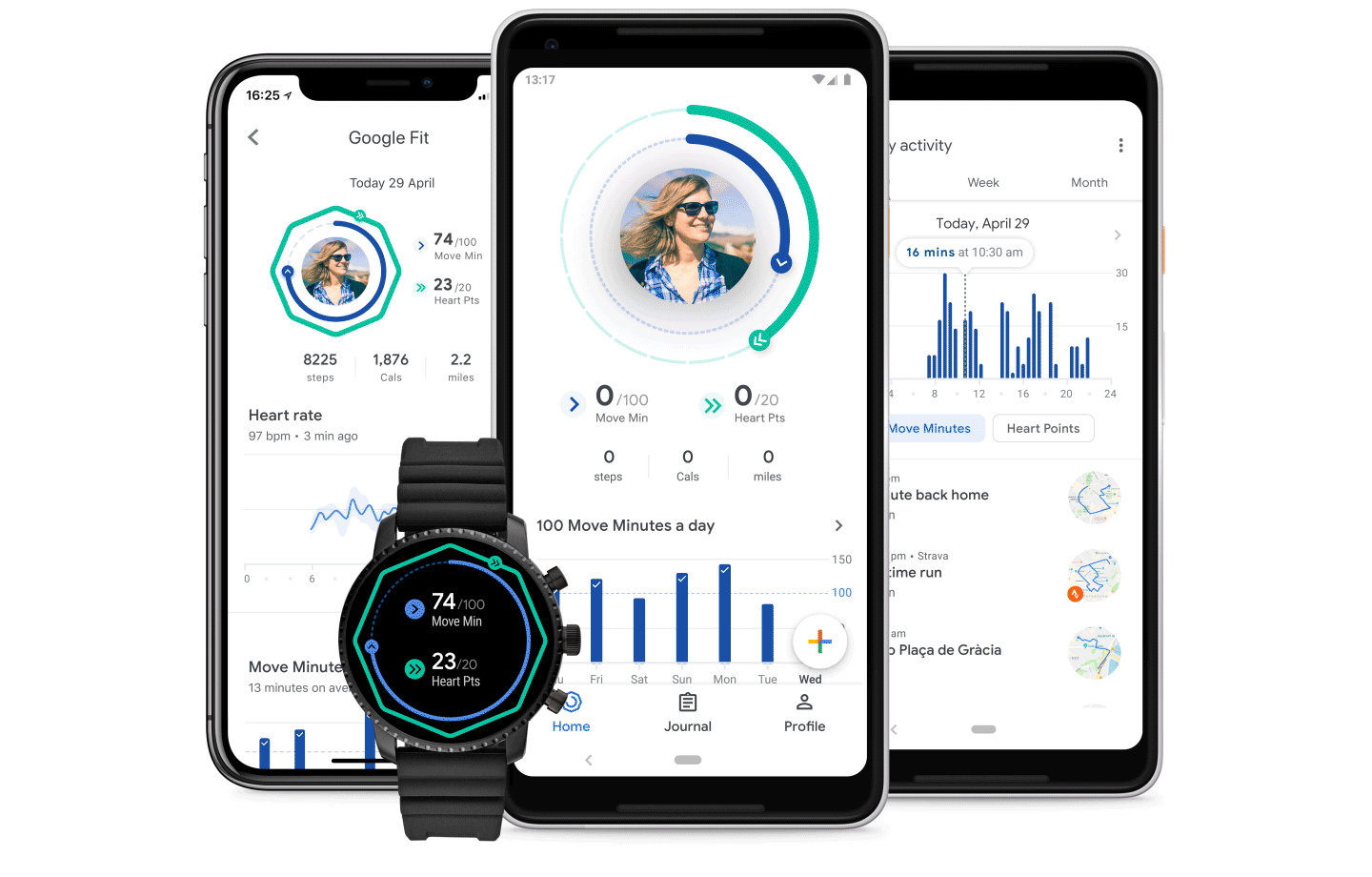
If you only need to track basic movement, such as walking, or cycling to work, you’re probably fine with your smartphone’s in-built pedometer and health-tracking app. Or, to track a wider variety of sport types, choose one of the countless step trackers, from waterproof bracelets by Fitbit, through expensive smart watches by Apple, all the way to inconspicuous jewellery pieces by Bellabeat.
Heart rate
Most basic fitness trackers let you measure pulse as an estimate of your heart rate, but only more recent gadgets such as the Apple Watch 4 integrate an ECG (electrocardiogram), which allows for measurements accurate enough to notice irregularities.
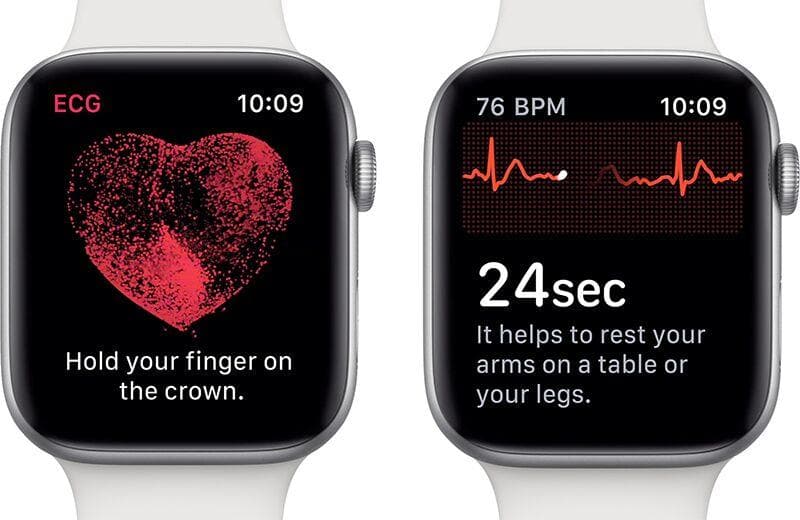
This is an excellent metric to keep an eye on during and after intense exercise sessions, but the feature can also be life-saving for individuals at risk of heart disease.
Weight
If you’ve been trying to lose or gain a few pounds, you’re probably well familiar with the scale already.
Keeping an eye on weight is however a good idea for all individuals, as sudden changes can be an early sign of increased stress, nutritional deficiencies and disease.
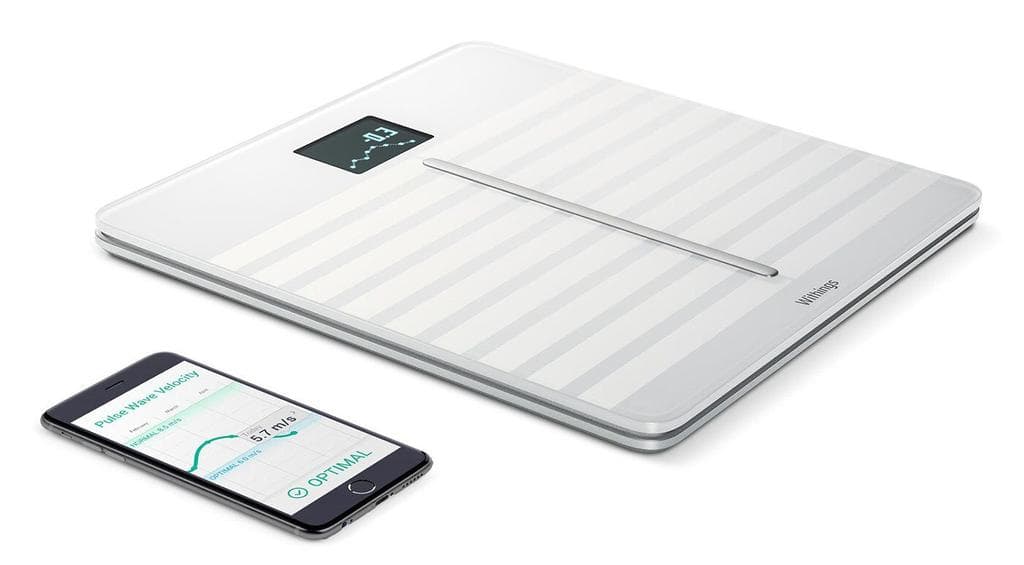
Even better, connected scales such as Withings Body+ allow you to automatically track your measurements over time, and synchronize them with nutritional and fitness tracking apps on your phone for more accurate guidance.
Sleep
Few things are as important for your health as sleep, and there’s more to it than the sheer number of hours you spend in bed.
Sleep quality can vary widely depending on diet, stress level and your surroundings, and numerous dedicated sleep trackers have recently launched to help you get a better understanding of your time in bed.
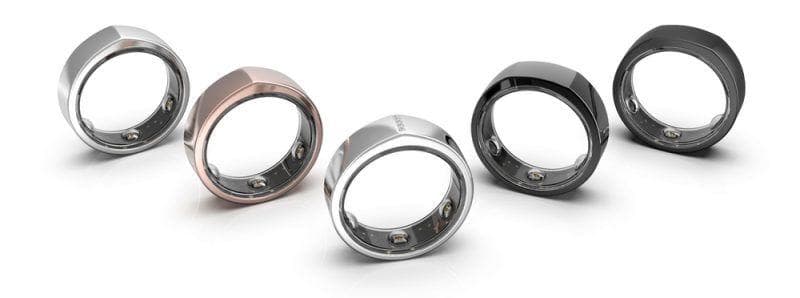
For example, the Oura ring gives you a ‘sleep score’ that takes into account not just your total sleep time, but also its efficiency, latency, timing, disturbances, REM (rapid eye movement) cycles and deep sleep.
The accuracy of sleep trackers remains unproven, but they can still act as an excellent motivator for you to give sleep the attention that it deserves.
